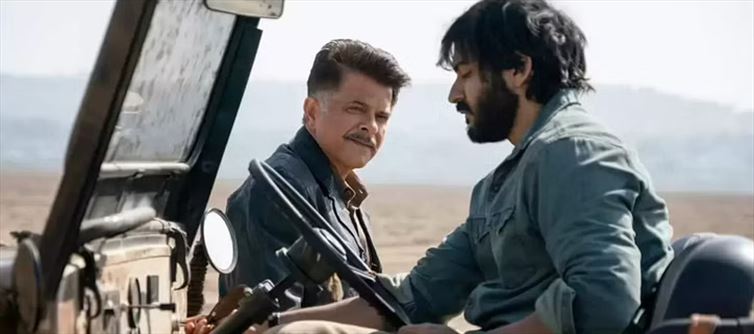
Raj Singh Chaudhary wrote and directed the western Thar. It's a hardboiled western, not a proxy western. In the context of hindi cinema, the genre can be divided into three groups. There are those old melodramatic dacoit movies (exemplified by but not limited to Sholay). Sonchiriya or Laal Kaptaan are examples of darker, broodier era epics. There are also neo-westerns and stealth westerns, such as manorama Six Feet Under, navdeep Singh's memorable directorial debut.
Raj pays homage to all of these customs and more. The screenplay, which combines mystery and gore, serves as a playground for western fans. There are long periods of silence and mystery. Characters wear leather boots and look death in the eyes. A bus stop cafe recalls a Wild West saloon, complete with a portly innkeeper in suspenders. The modern western is known for engaging with difficult social or historical concerns. In this way, Thar severely underserves its audience. Everything from Partition to caste is mentioned, but in a shallow, perfunctory manner. Anurag Kashyap, the dialogue writer, can do better than "caste is veiled in one's police uniform" or, more bizarrely, "smokers don't give a damn about caste."
Some moments crackle and burn, like cigarettes. women are snottier than men in our planet (and twice as quick with expletives). Fatima, who combines grief, humour, and trepidation into a formidable whole, is more interesting to witness than Harshvarrdhan's chilly, reserved leadership. The film needs him to play a variety of roles, and despite his considerable improvement as an actor, he still lacks the bandwidth for a truly nuanced role. Anil makes the most of a classic part. The two action moments in the film are focused on him rather than Harsh, and they are all the better for it.




 click and follow Indiaherald WhatsApp channel
click and follow Indiaherald WhatsApp channel